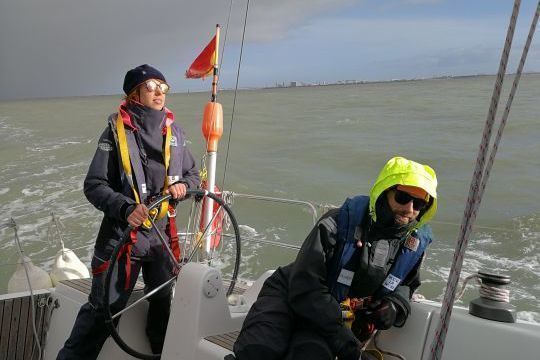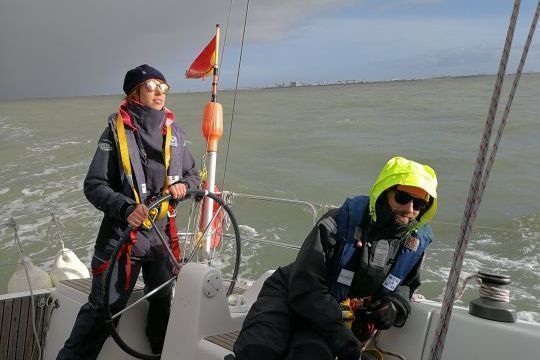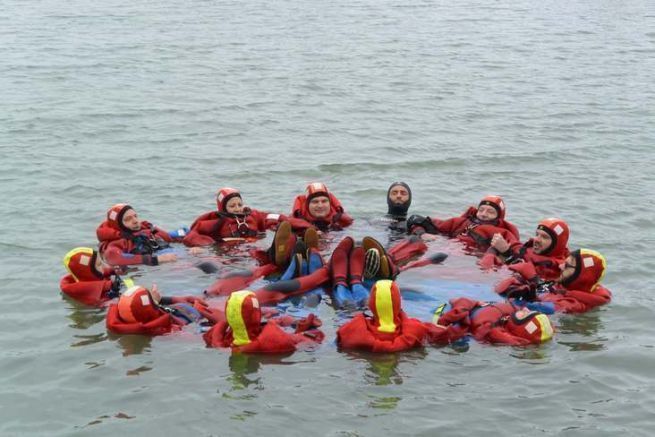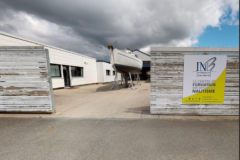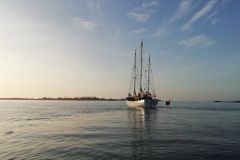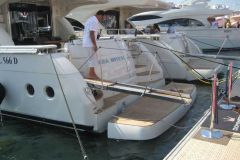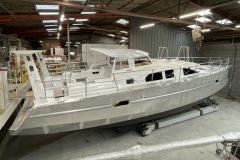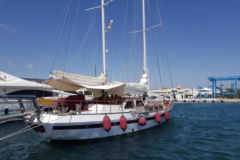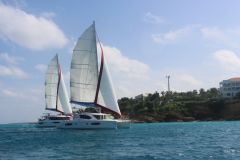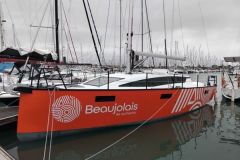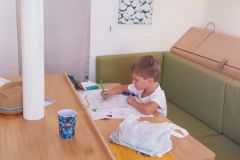Learn sailing and technique
Knowing how to sail is not enough to take on a long journey or even an ocean crossing. Alone in the middle of the ocean, in total autonomy, it is better to know how to master several technical domains to ensure your safety and control your journey without having to make stopovers on the left or right.
"There are two parts to learning. Learning about sailing and learning about technique. A lot of people tend to approach the long-distance phase with only the mastery of their sailboat. They want to learn more technical things that are not part of the usual courses explains Laurent Marion, founder of Escale Formation Technique.
As a sailor, boat preparer and resident on board his boat, he founded Escale Formation Technique 13 years ago to provide the answer to the autonomy sought by frequent sailors. At least 10,000 trainees have passed through his training center and some 800 to 900 people come for training each year.
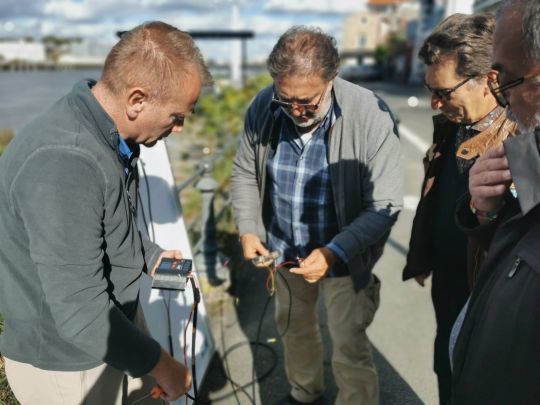
A new type of boater
"Since the Covid, we are also confronted with a new type of boater. Before, we started with small boats until we ended up buying bigger and bigger boats. Today, the average basket of boats has increased. We have customers who have worked hard, who have financial means and who want to take a break. They buy large boats and skip the technical and sailing training. We have two categories in long distance cruising. The second-hand fleet with an average basket between 50euros000 and 250euros000 euros or the luxury boat with an average basket of 600euros000 to 2 million euros."
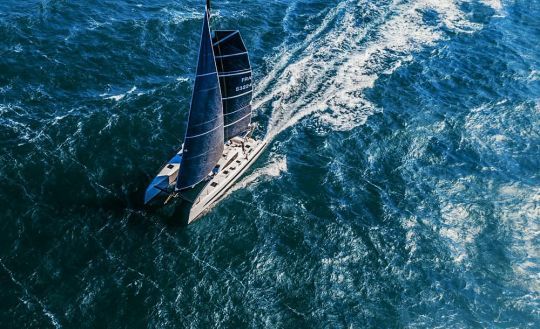
Raising awareness of the technical prevention of boats
Buying a new boat is also less formative than participating in refit work on a used boat. In the latter case, you are usually forced to get your hands dirty and learn on the job. But be careful with second-hand purchases. Some boats sold at attractive prices often require double the price for a complete overhaul. It is therefore important to check the general condition of all the equipment: rigging, engine, electricity, fittings, etc
" In all our training courses , we also insist on the technical prevention of the boats, an area that professional skippers or préparateurs master well. We do preventive work and not curative work, to ensure that problems do not occur. We remind a lot of gestures and technical prevention controls. It's important to do a technical overview of your boat by checking 20 key points of work at sea. We give them a complete vision of a boat that goes out to sea and wears out much more than a boat in coastal navigation. It's hard for them to grasp because they lack experience."
Nevertheless, there are training courses to compensate for certain shortcomings or to prevent certain dangers, detailed in the next part of our file .
